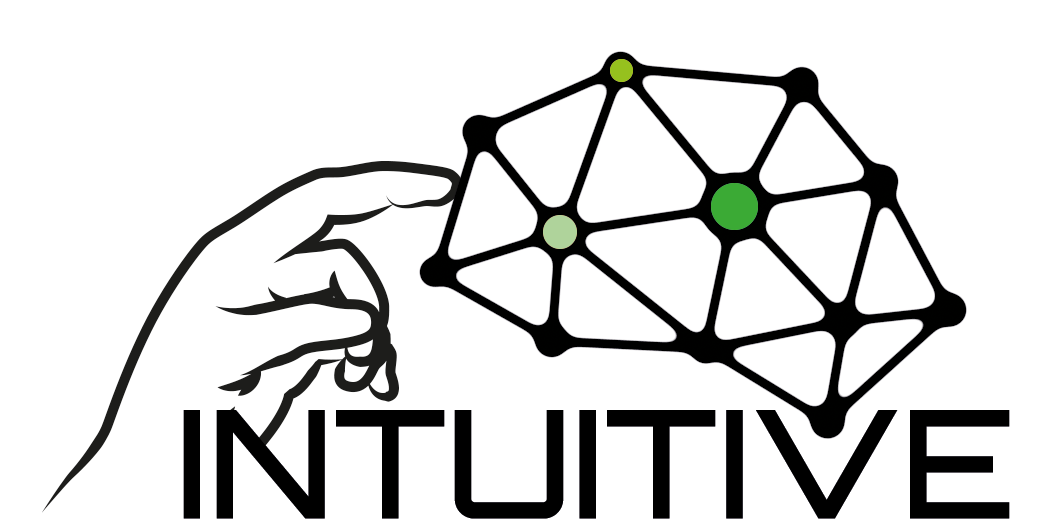INTUITIVE Research School 3 Spring 2023
Unlocking the mechanics of biomimetic touch
for applications in robotics, prosthetics and industrial haptics
Content
Traditionally, robotics has treated haptics like vision, and the dominating aspect of haptics, mechanical interaction, has often been neglected. Therefore, this spring school will focus on the neuroscience, material and signal processing aspects of interaction mechanics, as well as on industrial applications of haptics. We have assembled a team of speakers experts in all these fields contributing to cutting edge research in haptics both in humans and for robots.
Date and location
This research school will take place April 17-21, 2023 in Malta, in the Grand Hotel Excelsior, https://www.excelsior.com.mt/.
How to apply
PhD students and postdoctoral research associate working on related topics are welcome to apply to participating to this research school by submitting 1/2 page on their motivation to attend it and a maximum 2 pages CV to ann-sophie.alm@med.lu.se. Sponsoring from the EU H20202 INTUITIVE project (https://www.intuitive-itn.eu/) will cover the costs for organisation and for the speakers’ travel and accommodation, so that attendees will need to pay only for their travel to Malta and their room+pension in https://www.excelsior.com.mt/.
Schedule
Monday
Tuesday
Wednesday
Thursday
Friday
08:00 – 09:15
A. Alexandersson
S. Redmond
L. Hsiao
D. Faux
09:30 – 10:45
L. Seminara
A. Hars
T. Schwarz
Tutorial 4
11:00 – 12:15
A. Seyfarth
F. Guder
H. Soh
Tutorial 4
12:15 – 14:00
Lunch
14:00 – 16:45
Welcoming
Tutorials
17:00 – 18:45
P. vd Smagt
Activities
Tutorials
ML algorithms
This tutorial will focus on the implementation of machine learning algorithms in haptic research. Participants will learn how to use machine learning algorithms and analyze haptic data provided by ESR or PI. This tutorial will extend morning lectures.
Haptics measurement devices
This tutorial will cover the basics of haptic measurements, including the use of force sensors, acceleration sensors, and other types of sensors. The sensors will be contributed by the ESR, PI and speakers. Participants will learn about the different types of sensors and their specific applications in haptics research. They will be able to try and compare the different sensors and will learn to use them efficiently.
Viscoelastic measurement with wearables and EMG
This tutorial will compare the muscle visco-elasticity measurement during specific actions enabled by wearables and electromyography (EMG). Participants will learn how to conduct simple viscoelastic measurements and analyze the results. The presenter for this tutorial is still to be determined.
Haptic illusions
This session will showcase different types of haptic and visuo-haptic illusions that have been collected and created by Vincent Hayward. Participants will learn to understand the different types of illusions and what they tell about the mechanisms of haptic information processing in the brain. Also it will be possible to explore haptic interfaces for visually impaired individuals, with a focus on navigation systems. Participants will learn about the challenges of designing haptic interfaces for this population and will discuss different approaches to overcome these challenges.
